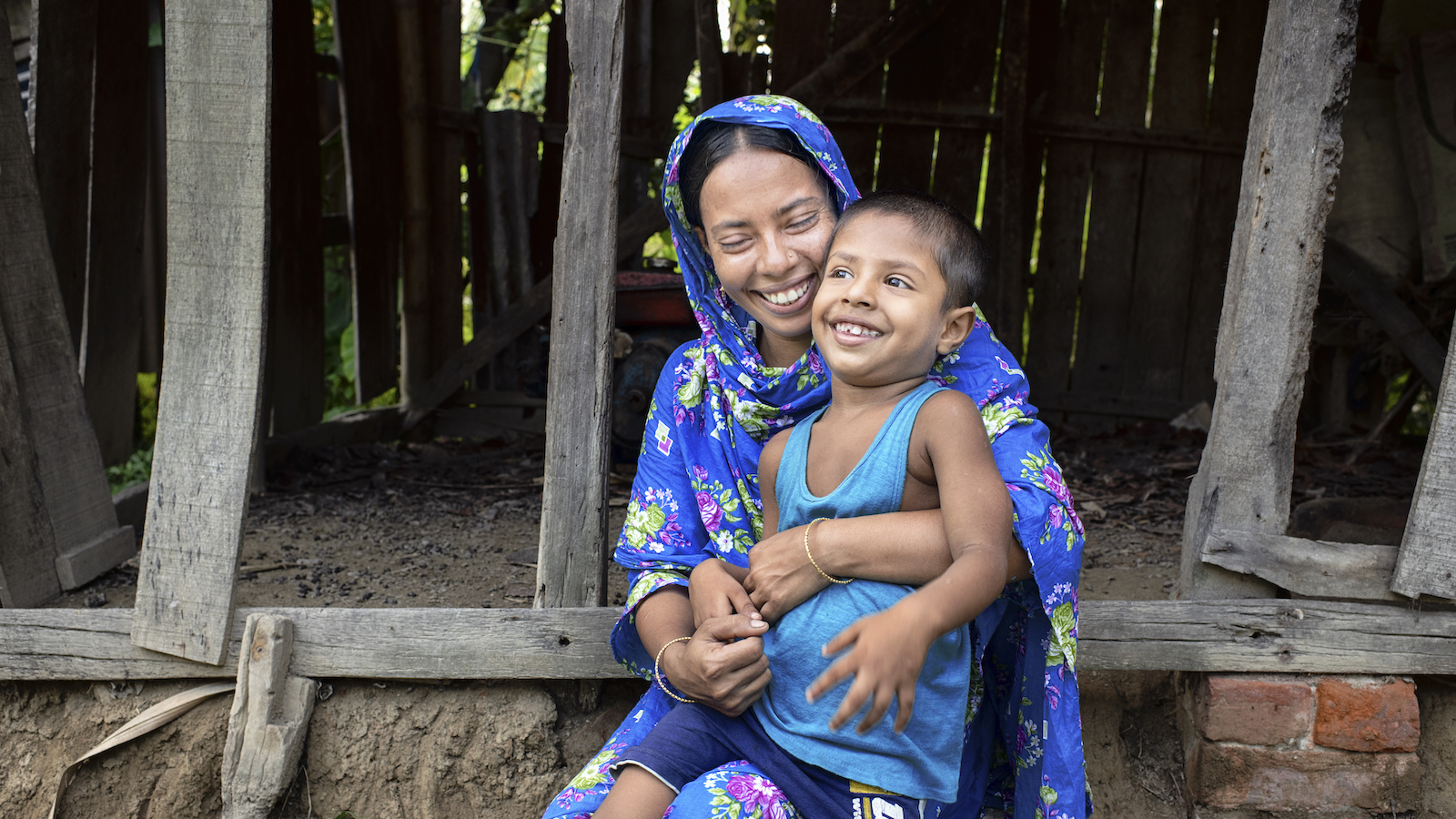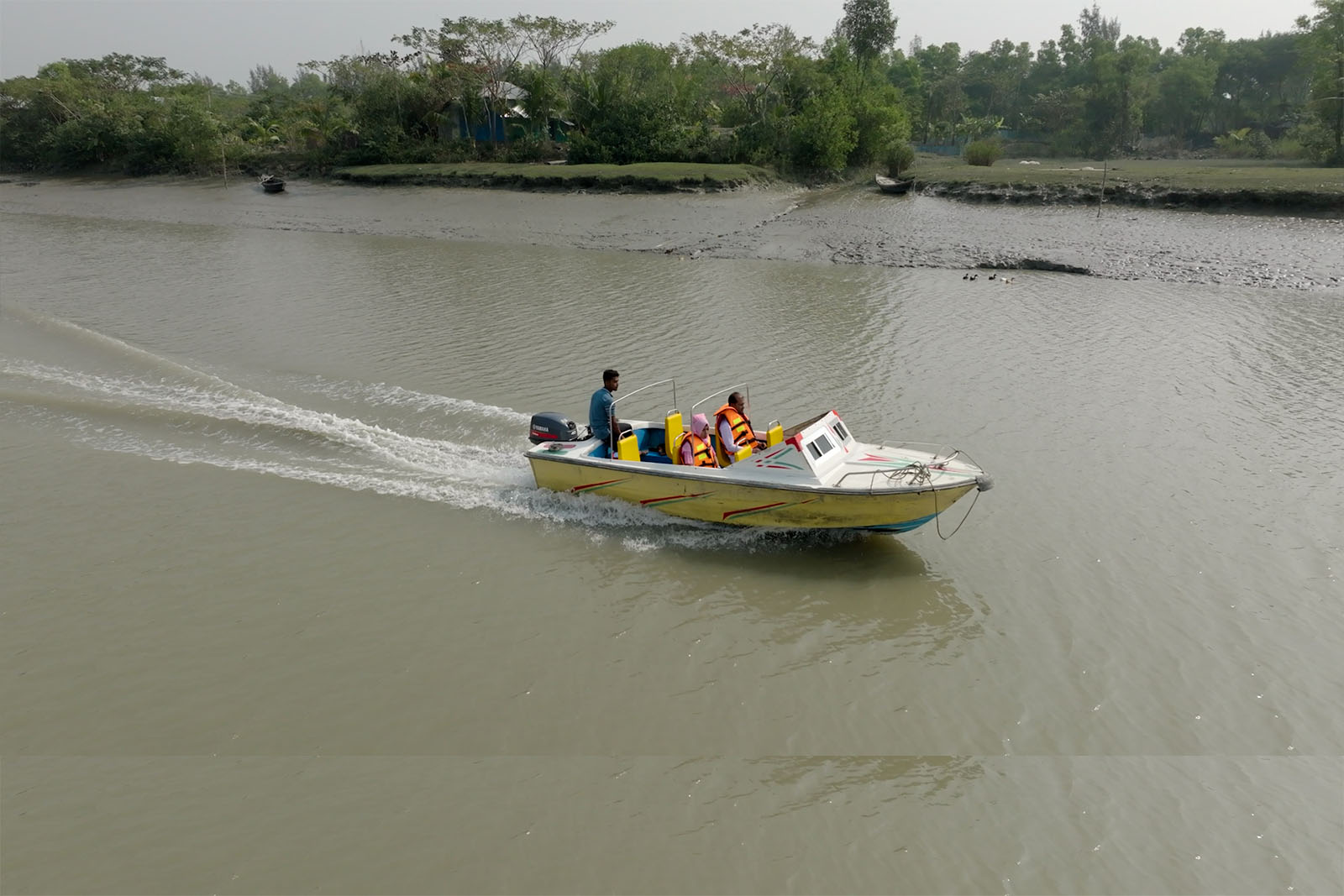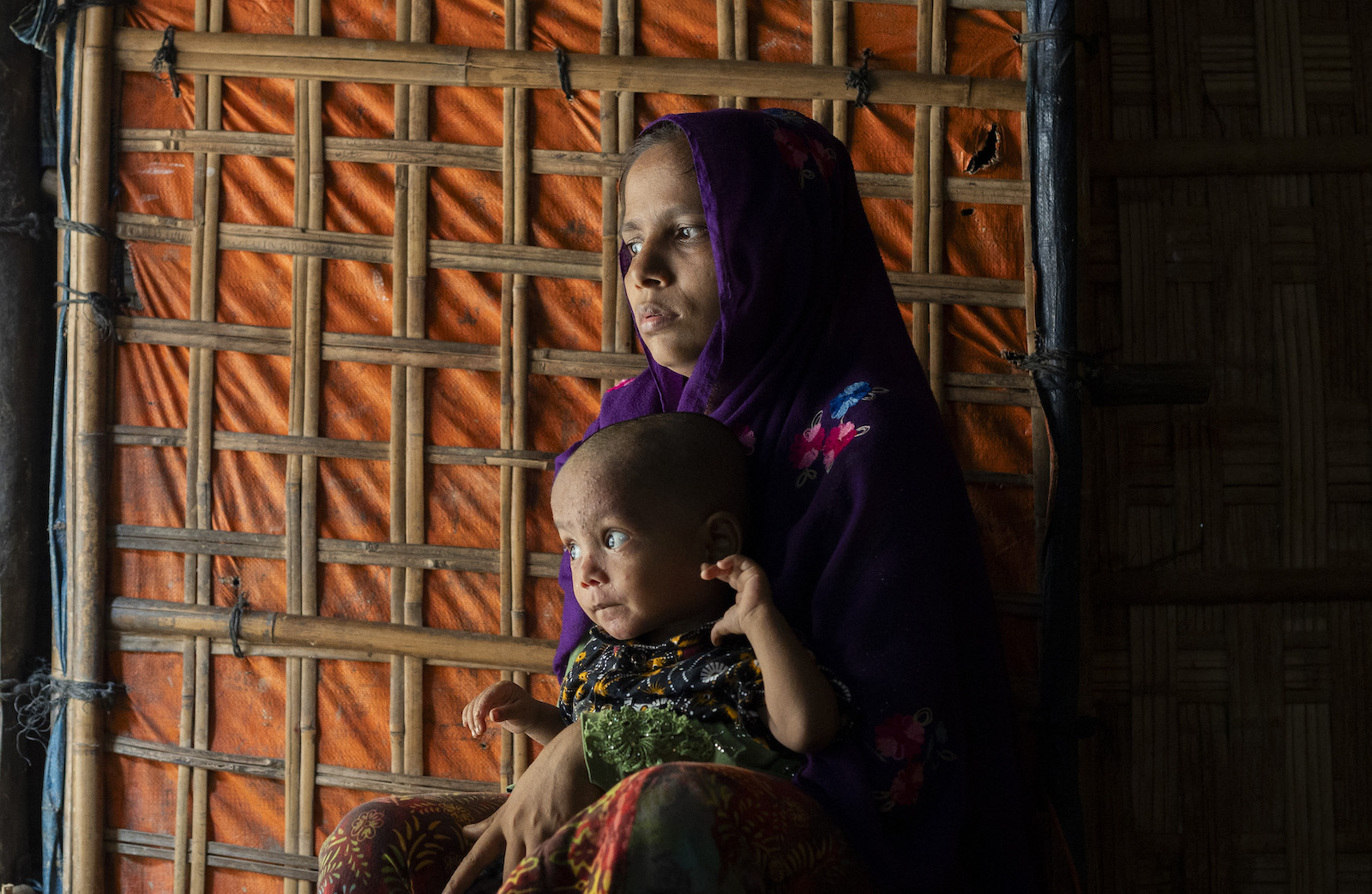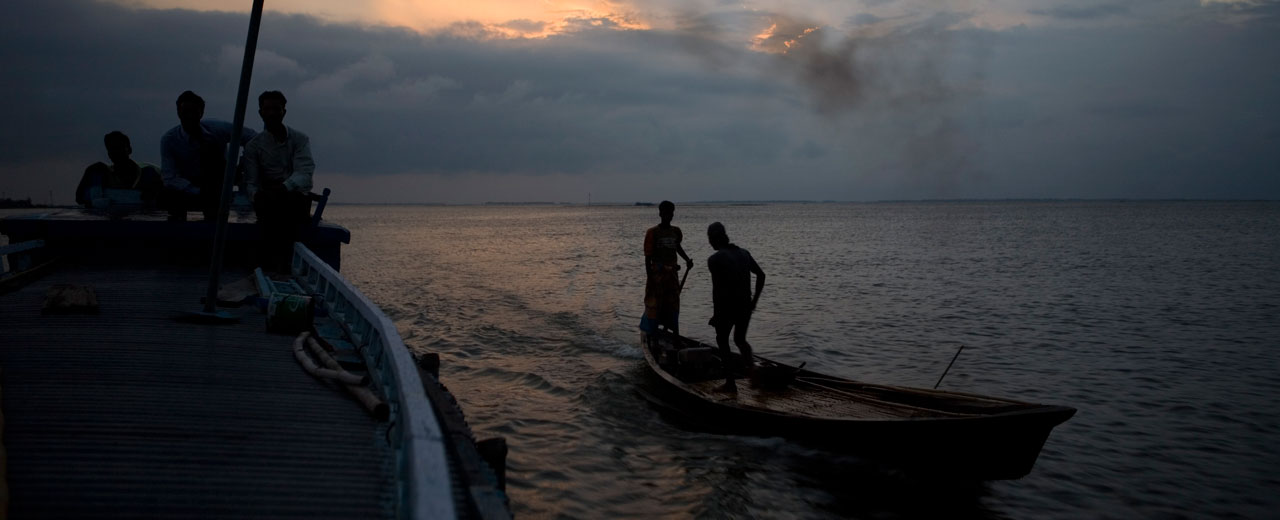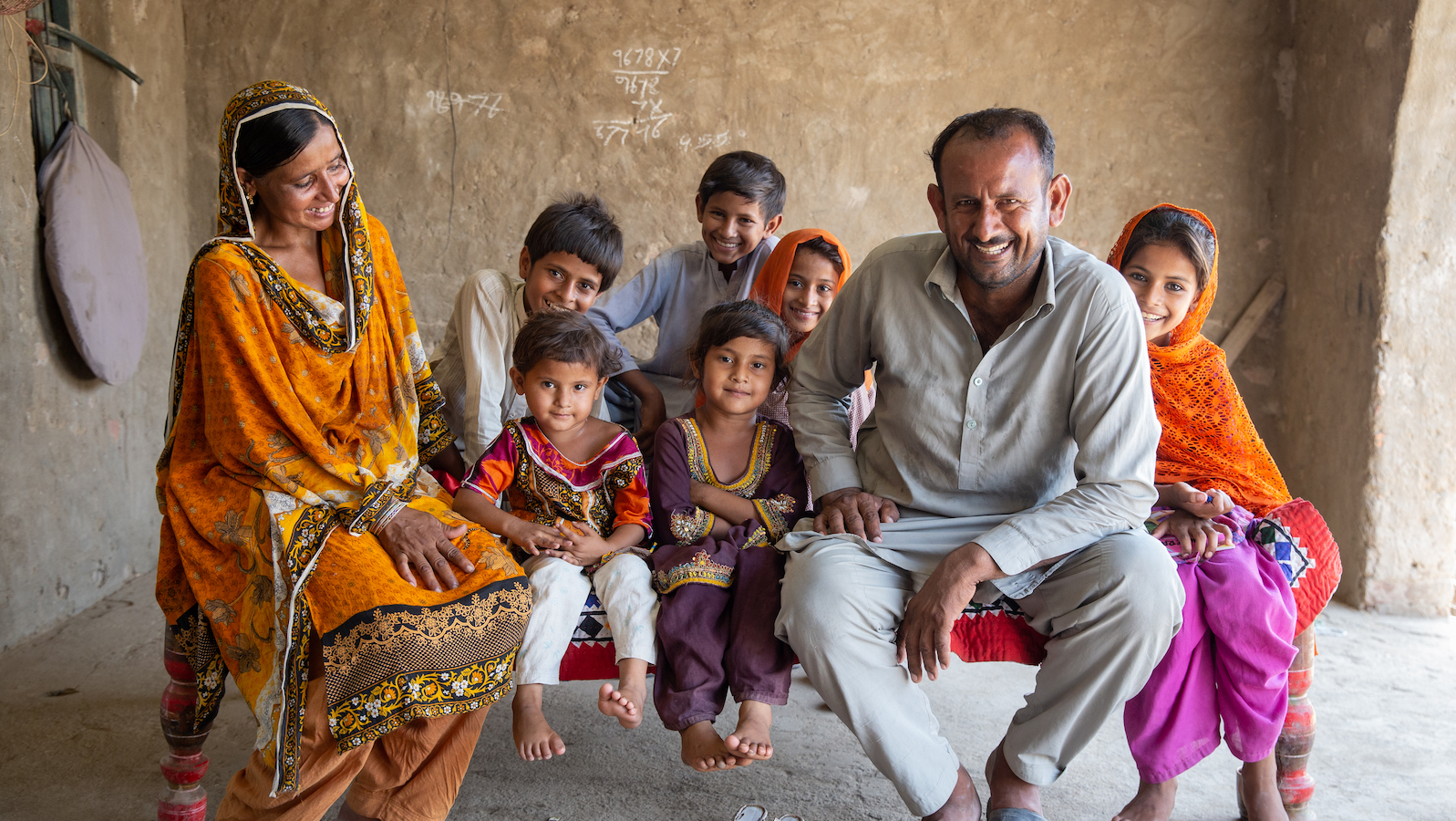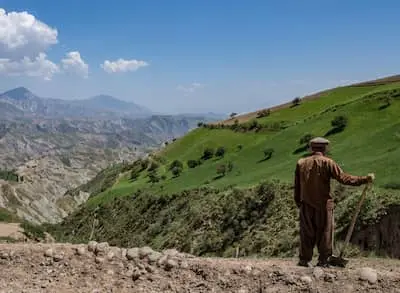Country stats
- Capital: Dhaka
- Population: 174 million
- Bangladeshis living below the poverty line: 30.9 million
Concern’s response
- Bangladesh program launched: 1972
- Program areas: Climate & Environment, Emergency Response, Gender Equality, Health & Nutrition, Protection
Why are we in Bangladesh?
Bangladesh is home to over 174 million people in a country that's roughly the size of New York State — and one that includes the world’s largest refugee camp in Cox’s Bazar. After years of remarkable progress in poverty reduction, the country now faces a major economic setback as it continues to grapple with the impacts of COVID-19, climate change, and global conflict.
After decades of progress, a series of challenges
Bangladesh is due to graduate from the UN’s Least Developed Countries list by 2026 and has shown remarkable progress in reducing poverty rates (falling from 44% in 1991 to 20.5% in 2019) and growing its economy at impressive rates (6.9% annually between 2011 and 2019). However, the country now faces additional challenges to that progress due largely to the economic impacts of the COVID-19 pandemic and the outbreak of conflict in Ukraine. While it has also made progress towards ending hunger, an estimated 36% of children under five are stunted (low height for age due to malnutrition) and 12% of children suffer acute malnutrition and are at increased risk of mortality.
The country also sits on the frontlines of the climate crisis. With 75% of its land sitting below sea level, it’s especially vulnerable to flooding, particularly during the rainy seasons. These floods affect crowded urban centers like Dhaka (including an increase in cases of dengue fever and other waterborne illnesses), but have an even greater impact in rural areas.
Since 2017, Bangladesh has also been home to the world’s largest refugee camp in Cox’s Bazar, which has hosted nearly 1 million displaced Rohingya refugees, many of whom have spent nearly seven years living in informal shelters that are prone to flood and fire, while also weathering outbreaks including COVID-19, dengue, and cholera, risks to nutritional and maternal health, and the needs for both education and livelihoods as they face an increasingly protracted displacement.
Latest achievements
Rohingya response
Concern reached over 126,000 people in Cox’s Bazar in 2023. This includes over 90,000 reached with our integrated nutrition programme, which provides life-saving support to Rohingya families via 11 nutrition centers across seven refugee camps.
Disaster risk reduction
Between two key flood-response programs in Sylhet, Gaibandha, and Lalmonirhat districts, Concern reached nearly 80,000 people in 2023 with disaster risk reduction strategies.
Livelihoods
Enhancing Resilience of Coastal Communities aims to diversity income sources, promote Climate Smart Agriculture and strengthen local government capacity in the district of Khulna. Last year, participating families increased their average monthly income by 68%.
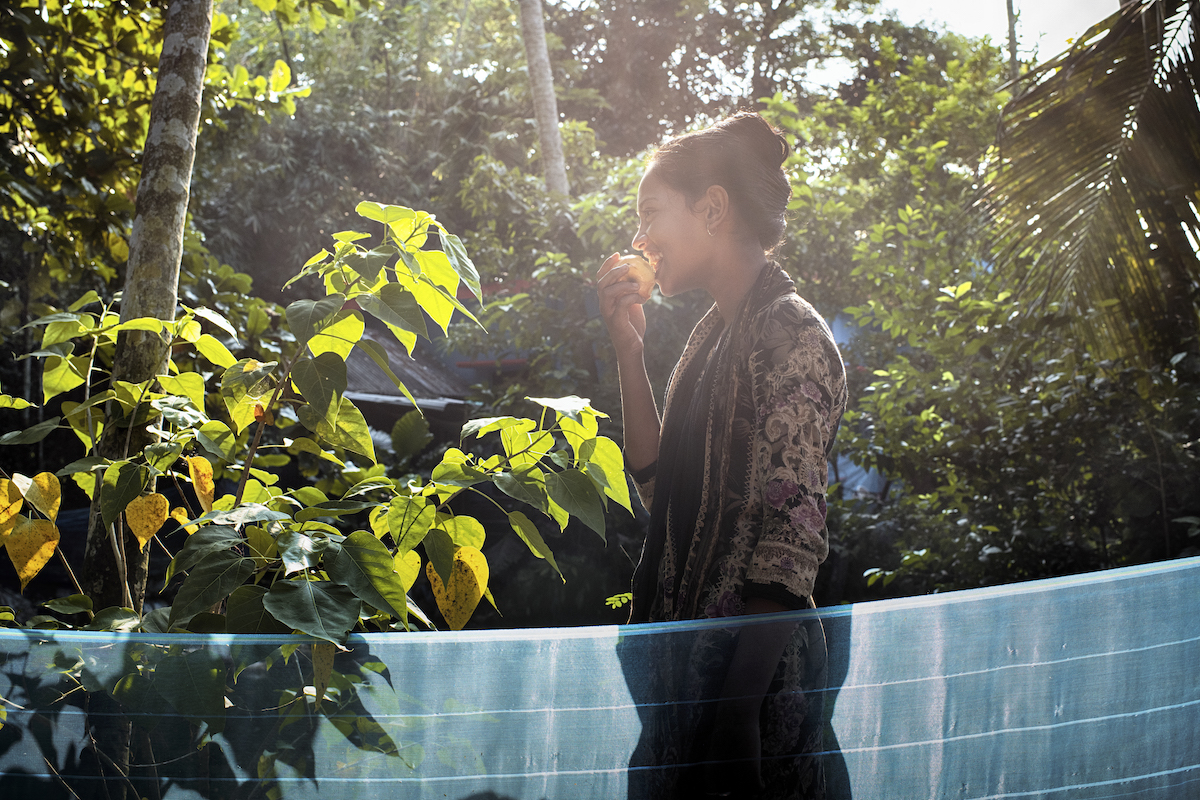
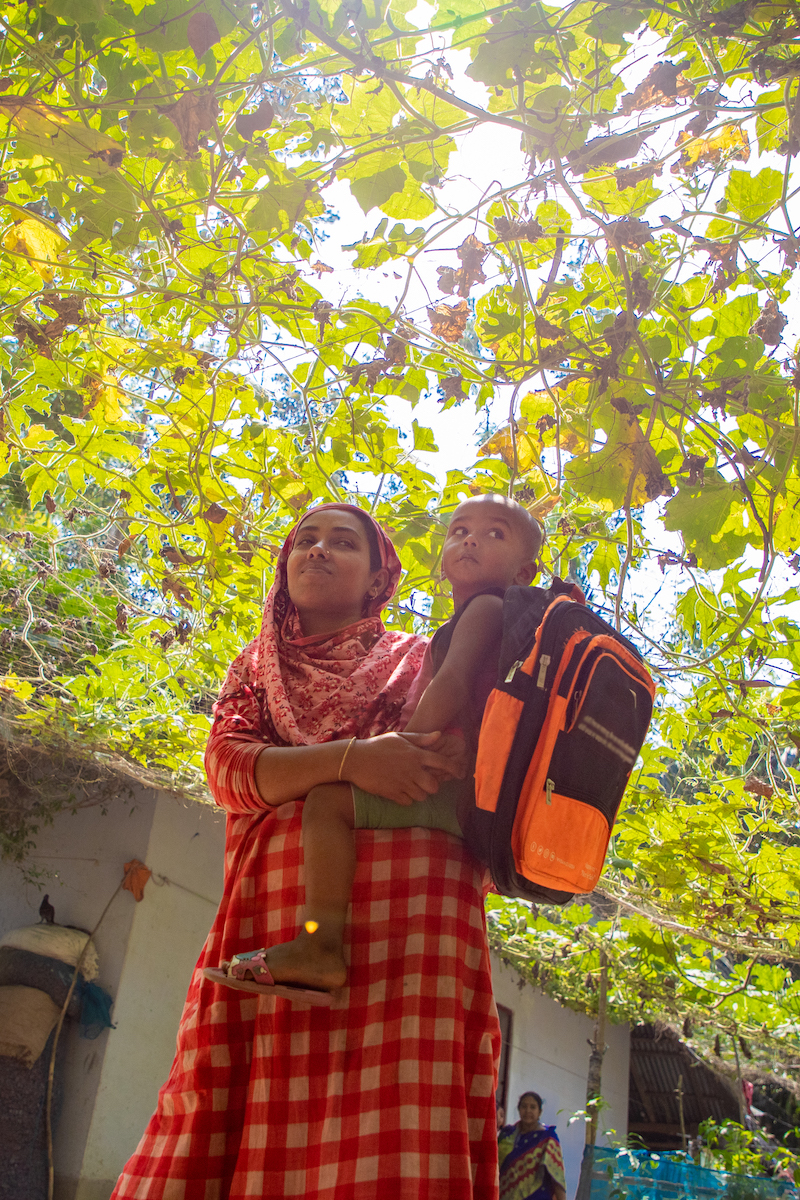
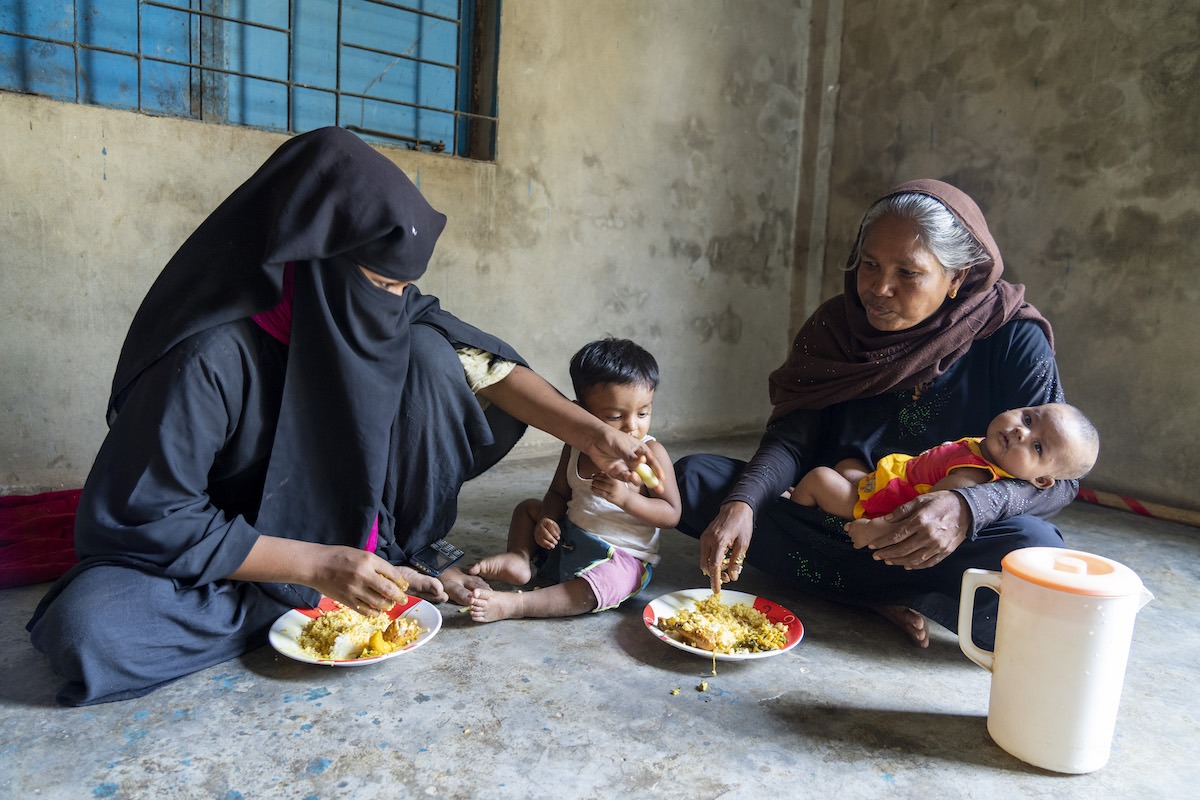
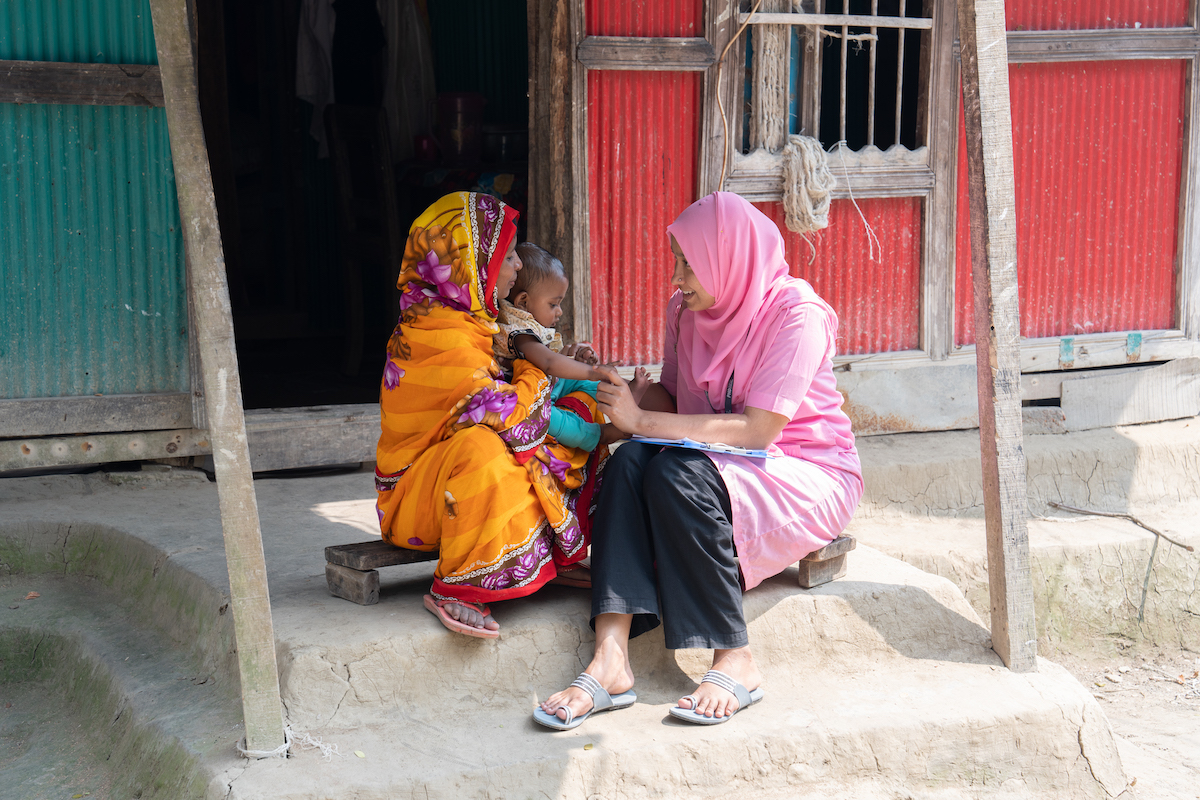
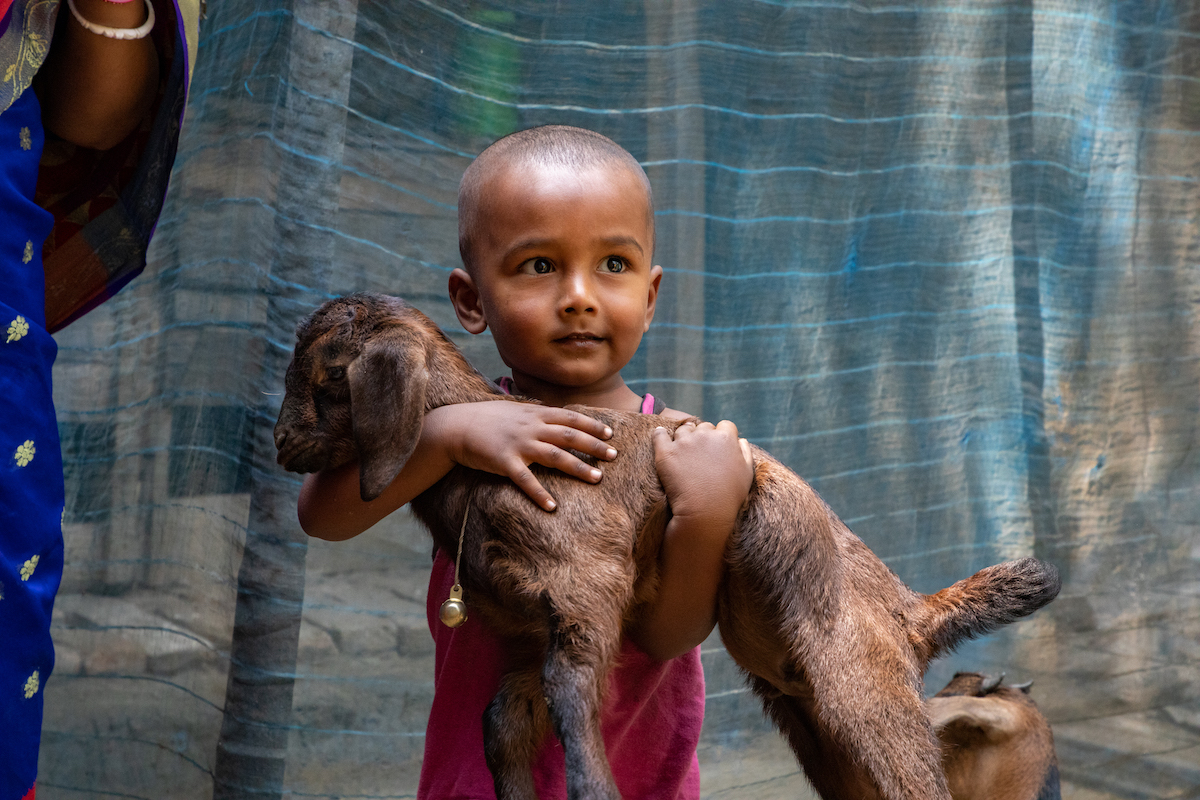
Our work in Bangladesh
We are working hard to combat suffering and build resilience in Bangladesh by establishing programs that reduce poverty, respond to emergencies, and improve health and nutrition.

